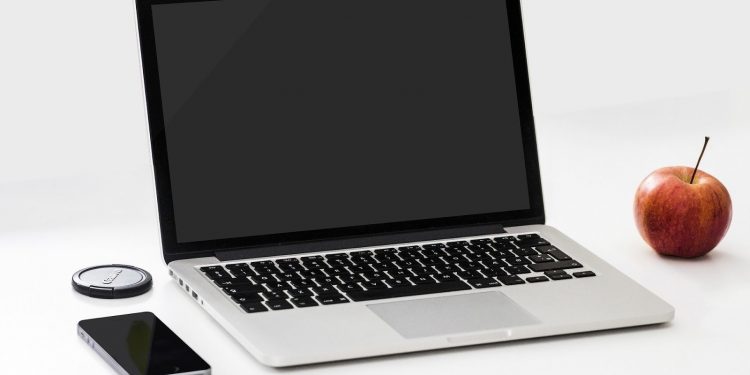If you have switched to the macOS, you might notice that Macbooks do not come with a lot of disk storage. Some users have it hard to adjust, especially when they have been using a personal computer with more than enough storage space available.
Macbooks excel in multiple aspects, and writing them off due to smaller drives is not something worth considering. It takes time to get used to the change. Here are some tips that will help you free up disk space on a Macbook.
Tip #1 – Buy External Storage Devices
DVDs, external hard drives, and even USB memory sticks can do wonders as you can purchase such devices and transfer data there. Even if they have been used, such devices can still do a lot. Browse through the e-stores on the internet or visit a local shop that sells tech related to computers.
Tip #2 – Subscribe to Streaming Platforms

Image source: Pixabay.com
If the lack of disk storage stems mostly from you need to keep large media files around, you could subscribe to streaming platforms. There are plenty of services that provide a ton of entertainment for a good price. Something like Spotify does not cost any money at all unless you want to upgrade to their premium plan.
Having access to music, movies, or TV shows on the internet means that you do not have to keep large media files on the Macbook. Nor is there any need to download data thanks to streaming.
Tip #3 – Remove Junk Files
Junk files like temporary storage, caches, app extensions, and plugins, as well as old backups, do more than just take disk space. Such junk files slow down the performance of the computer.
Some users end up in a situation where they are hardly able to use the Macbook. And the accumulation of junk data is one of the most common causes behind this sluggish performance.
Removing such files manually is a bit problematic. You will need to tinker with the system and create backups in case an important file is deleted by accident. On the other hand, there is also an option to use a cleanup utility tool that would remove unwanted junk from the computer automatically.
Tip #4 – Scan for Potential Malware

Image source: Pixabay.com
There are multiple malware threats that cause all sorts of problems to the computer. Shrinking disk space also happens to be one of those problems.
If you notice that there is less free disk space every time you use the Macbook, it might be possible that you have a malware problem. Especially if you have not made any significant changes to your computer using habits.
Thoroughly scan the system, and if an anti-malware tool finds any corrupted files, remove them. It would be in your best interest to always have a reliable anti-virus running in the background when the Macbook is turned on.
Tip #5 – Use Cloud-Based Services
Cloud-based services like Dropbox and iCloud are free and offer you quite a lot of available storage. There is also an option to upgrade your profile and get even more space.
One of the best things about clouds is how files in them are safe and can be accessed with just a few clicks so long as you have an internet connection. So if you are not using cloud services, starting to do so now would be a good idea.
Tip #6 – Delete Old Files
Temporary storage files are not the only type that accumulates over time. Removing old applications is one of the first things you ought to be doing. If you are not using them, it should not be a problem to delete such applications. Keep in mind that they can always be reinstalled later.
Email attachments and downloads can also take a lot of disk space. The former especially if you are using email for work and communications as every attachment you double-click get saved on the computer by default.
Also, when you drag files in the trash bin, remember to click on the “empty” button to get rid of the files for good. If you do not, it will only end up transferring data to another location rather than removing it from the computer.
Tip #7 – Language Packs

Image source: Pixabay.com
Some applications come with language files that offer no real value. Most of the time, you need only the English version and perhaps another language if you are a native speaker of it. But when there is a pack of over 50 different languages that takes over one gigabyte of space, and there are multiple applications like that present on the computer, one can only imagine how much of a waste it is.
Tip #8 – Reinstall the OS
If you feel like there are still issues regarding the storage space on the Mac after taking all the previously mentioned ideas, reinstalling the OS could be the best option. It will give the computer a fresh start and remove all the junk and any other files that you do not back up.





